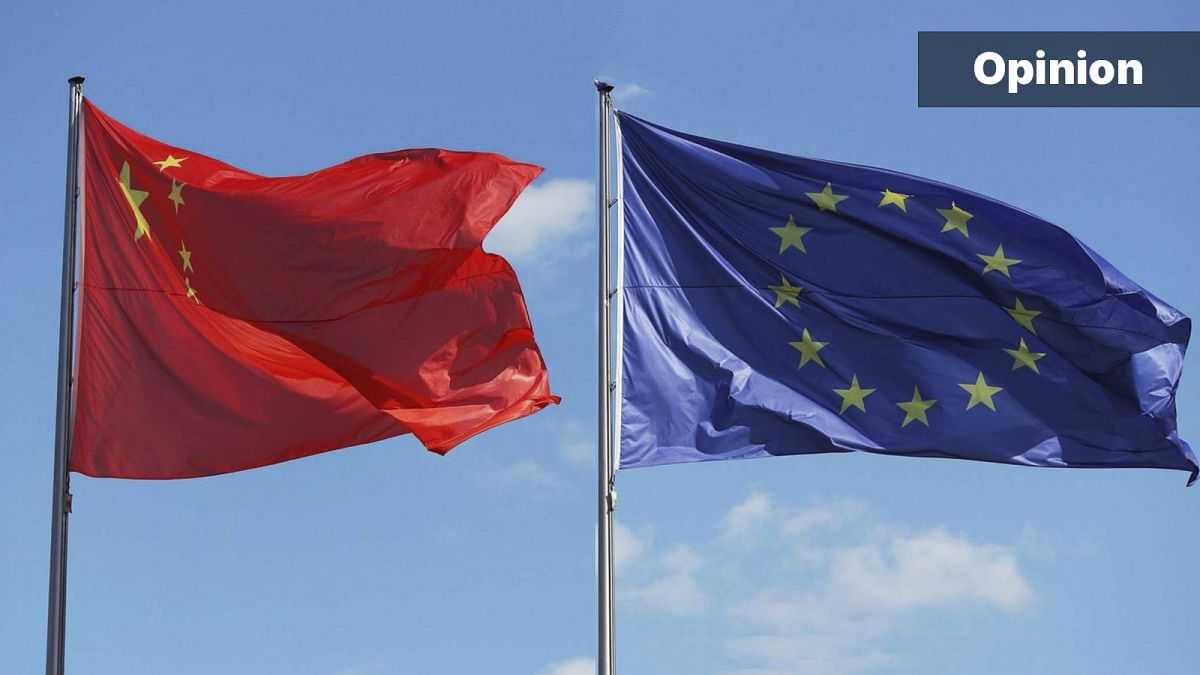

In a world of growing interconnectedness and shared objectives, nations across the globe are strengthening partnerships to cultivate economic growth and improve the quality of life for their citizens. Recent developments in Europe and Asia spotlight these ongoing efforts, providing a refreshing reminder of the synergistic possibilities available through collaboration and mutual respect.
The burgeoning relationship between China and the European Union exemplifies this trend. In a recent statement, Ambassador Cai Run emphasized the mutual benefits of practical cooperation between the two economic giants. By fostering open dialogues and deepening high-level engagements, both China and the EU prioritize meeting the needs of their people, striving for a better quality of life and shared prosperity. This robust partnership not only enhances economic growth but also promotes a new era of innovation driven by collaborative efforts in research and technological advancements.
Amid these advancements, the impending EU-China summit brings hopeful prospects for expanding business interaction. While the mood surrounding the summit remains cautiously optimistic, the opportunities for cooperation in areas such as intellectual property protection and investment are notably promising. These dialogues are integral in navigating a complex global landscape where shared goals can lead to substantial economic benefits for both parties.
In parallel, the EU is delicately managing its relationships with other Asian economies. Notably, the EU and Japan are preparing for nuanced negotiations to reaffirm their commitment to a rules-based order. Facing concurrent trade discussions with the United States, this duo demonstrates the potential for differing strategies to maintain balance in global trade relations. Their approaches illustrate the importance of diplomacy and strategic thinking in maintaining beneficial economic ties worldwide.
The United States, under the current administration, also marked a significant milestone by announcing a landmark trade agreement with Japan. This deal emerges after prolonged discussions, underscoring the intricate dance of international negotiations. While specific details remain under wraps, the announcement highlights the two nations’ commitment to overcoming challenges and embracing collaboration for mutual economic prosperity.
Simultaneously, the United Kingdom and India have made waves in international trade by establishing a historic free trade agreement. With British Prime Minister and Indian Prime Minister Narendra Modi at the helm, the accord exemplifies a significant step for both nations. For the UK, eager to achieve a tangible economic victory post-Brexit, this agreement represents the most crucial trade deal since its departure from the EU. Meanwhile, for India, it marks its first substantial trade partnership outside of Asia, signaling a long-term economic collaboration.
The deal promises notable boosts for the UK’s car and whisky industries, while India benefits from favorable visa conditions. Such agreements illustrate the shared eagerness of both nations to solidify a strong economic relationship amid a backdrop of shifting global trade dynamics. However, some sensitive issues remain to be addressed, demonstrating the complexity and layered nature of international trade negotiations.
As global leaders navigate these intricate discussions, the overarching theme remains steady: the pursuit of cooperative, mutually beneficial relationships. The journey is not without its challenges, but the hopeful progress seen in these recent developments offers a calming view of what lies ahead. Through mindful dialogue and cooperation, nations continue to foster a world where economic growth transcends borders, enriching lives through partnerships founded on respect and shared vision.
Source: {link}
